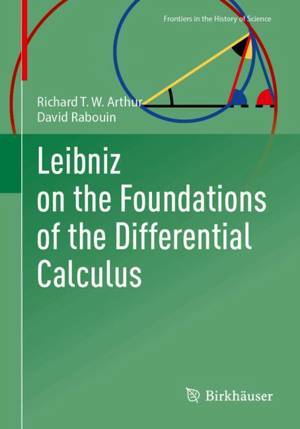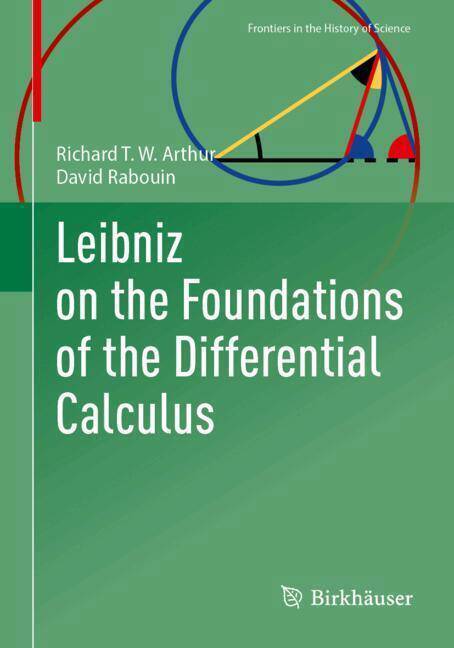
- Retrait gratuit dans votre magasin Club
- 7.000.000 titres dans notre catalogue
- Payer en toute sécurité
- Toujours un magasin près de chez vous
- Retrait gratuit dans votre magasin Club
- 7.000.0000 titres dans notre catalogue
- Payer en toute sécurité
- Toujours un magasin près de chez vous
Description
This monograph presents an interpretive essay on the foundations of Leibniz's calculus, accompanied by key texts in English translation. The essay examines Leibniz's evolving views on infinitesimals and infinite numbers, tracing their development from his early metaphysical ideas to his mature justifications of the calculus.
Leibniz first proposed treating infinitesimals as fictions in the 1670s, in line with the mathematical practices of his time, where abstract concepts could be used in calculations without implying their existence. By 1676, he rejected their status as quantities, yet continued to refine his arguments on this topic into the 1690s.
The essay concludes with an analysis of Leibniz's defense of his calculus in the early 18th century, showing how his later works naturally extended from earlier insights. This monograph will be a valuable resource for scholars and students of Leibniz and the history of science.
Spécifications
Parties prenantes
- Auteur(s) :
- Editeur:
Contenu
- Nombre de pages :
- 287
- Langue:
- Anglais
- Collection :
Caractéristiques
- EAN:
- 9783031772580
- Date de parution :
- 06-03-25
- Format:
- Livre broché
- Format numérique:
- Trade paperback (VS)
- Dimensions :
- 170 mm x 244 mm
- Poids :
- 485 g

Les avis
Nous publions uniquement les avis qui respectent les conditions requises. Consultez nos conditions pour les avis.






